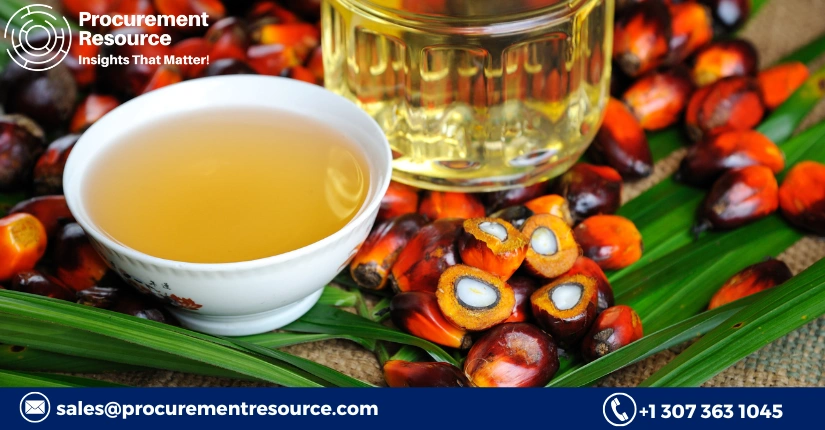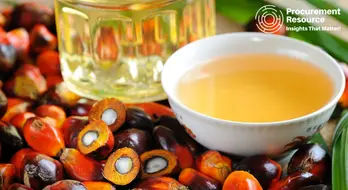Palm oil prices have been rising recently; forecasts suggest the rise could be capped

The monsoon season in Malaysia and Indonesia, major players in the palm oil industry, has been particularly severe, threatening to disrupt palm oil production by damaging crops and hindering harvest operations. This potential reduction in supply is supporting elevated palm oil prices, as concerns grow about the ability of these countries to meet international demand.
However, the impact on prices is being moderated by subdued energy prices, which affect palm oil's viability as a biodiesel component. Despite its use in biodiesel, palm oil needs substantial subsidies to remain competitive, a factor likely to cap significant price hikes. This is occurring alongside stable demand expectations globally, particularly in anticipation of Indonesia’s B40 biodiesel mandate set to take effect in January 2025. The mandate aims to increase the blend of biodiesel in fuel, which could increase domestic consumption of palm oil.
In contrast, Malaysia is experiencing a forecasted decline in production, which could see year-end inventories fall to 1.8 million tonnes from 2.29 million tonnes the previous year. This drop adds further pressure on the already strained supply constraints. Meanwhile, in the United States, impending biofuel policy changes are expected to push up soybean oil prices, as these policies encourage producers to ramp up purchases, influencing the broader edible oils market.
The interconnectedness of the edible oils market is evident as shifts in one segment ripple across others. For instance, palm oil prices often track movements of rival oils like soybean oil. With the U.S. planning to allow higher ethanol blending in gasoline, demand for soybean oil for biodiesel could diminish, further impacting global vegetable oil markets. The U.S. government's decision is a significant win for the corn and ethanol industries but poses a challenge for soybean oil producers.
Adding to the complexity, global soybean supplies are expected to increase next year, as forecasts from Brazilian national crop agency Conab and oilseed crushing group Abiove predict a record soybean crop for 2025 due to improved weather conditions. This anticipated increase in supply is likely to keep a lid on prices. However, soybean consumption in China, the world’s largest importer, is declining amid economic downturns, affecting global demand patterns.
Read More About RBD Palm Oil Production Cost Reports - Get Free Sample Copy in PDF
In Indonesia, the expanded biodiesel mandate, which includes a higher quota for palm oil blending, is facing challenges in implementation. Industry participants are seeking a phased introduction, suggesting that any impact on palm oil supply might be more gradual than initially expected. This gradual implementation could alleviate some immediate supply pressures but continues to support Asian palm oil prices in the medium term.




